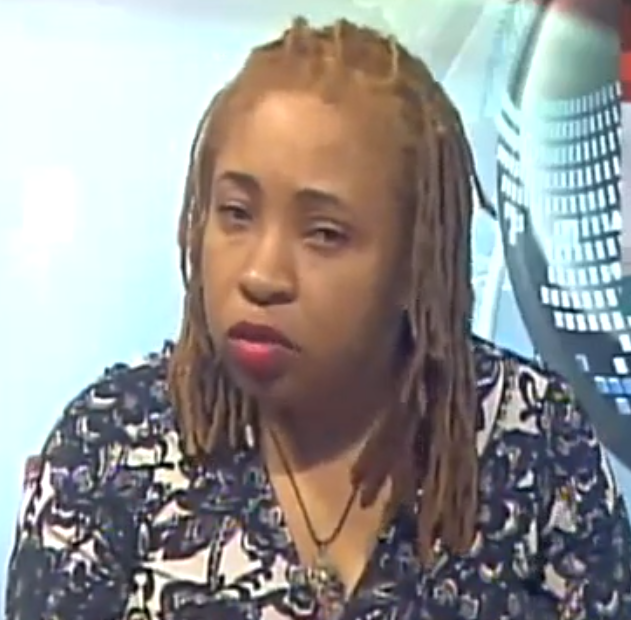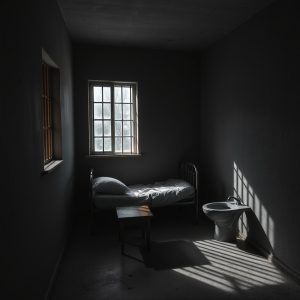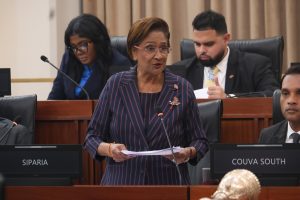
CHILDREN have less serve symptoms than adults when it comes to Covid-19.
Speaking at the virtual news conference of the Ministry of Health on Tuesday, Head of Paediatric in the Emergency Department of the Eric Williams Medical Sciences Complex Dr Joanne Paul said there were three theories why children were less susceptible to more serve cases of Covid-19:
- Children have less receptors in their lungs so the virus have less receptors to attached to. “The first theory is that the receptors on the lungs in children, they have less of those receptors so the virus has less receptors to attach to, so it’s almost like children have an extra force field,” she said.
- There immune system may not be as developed as adults so there is less immune reaction to the virus. The inflammatory changes in the lungs will be less in children.
- Children get lots of viruses in their first five years so they may have some cross immunity.
Dr Paul said she doctors were not sure which theory was the most effective but they think it was the one regarding the receptors.
But she noted there were vulnerable children especially those less than two years old and with:
- sickle cell disease,
- cerebral palsy,
- uncontrolled asthmatics,
- heart conditions, and
- cancer
Dr Paul also gave guidelines Covid-19 and children.
She said, “If there has been no contact with a Covid positive patient or a person who has had any recent travel and your child just has very mild symptoms – maybe a mild cough, fever or runny nose, you keep them at home.”
Dr Paul said children should still be taught to cough into their elbows and avoid contact with older members of the family.
She said moderate symptoms for children can include flaring of the nostrils and faster and more laboured breathing.
Dr Paul noted children suffering from pre-existing respiratory specific ailments should be taken for medical treatments once they develop symptoms.
She said, “Take them straight away to seek medical attention, don’t take the chance, go to your hospital, health centre, a peripheral emergency department, make sure you tell them ‘my child has this and I’m worried about Covid-19 and I want to be seen and assessed appropriately.
![]()












